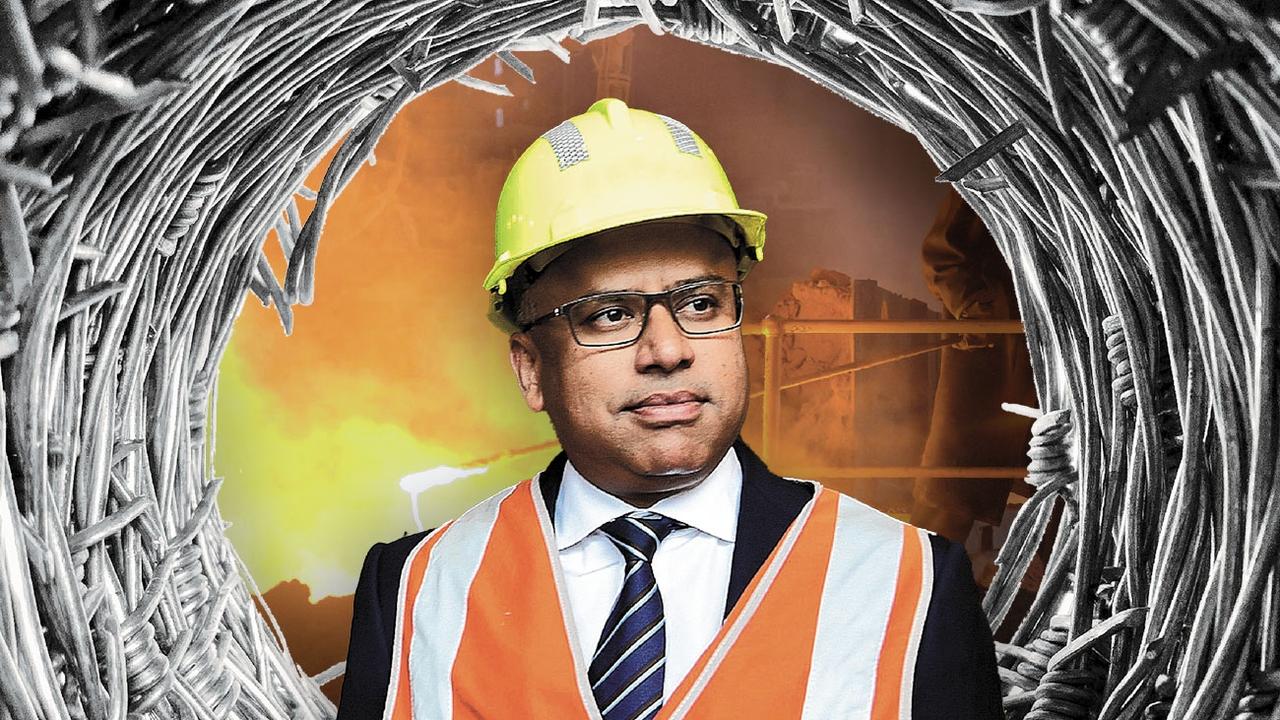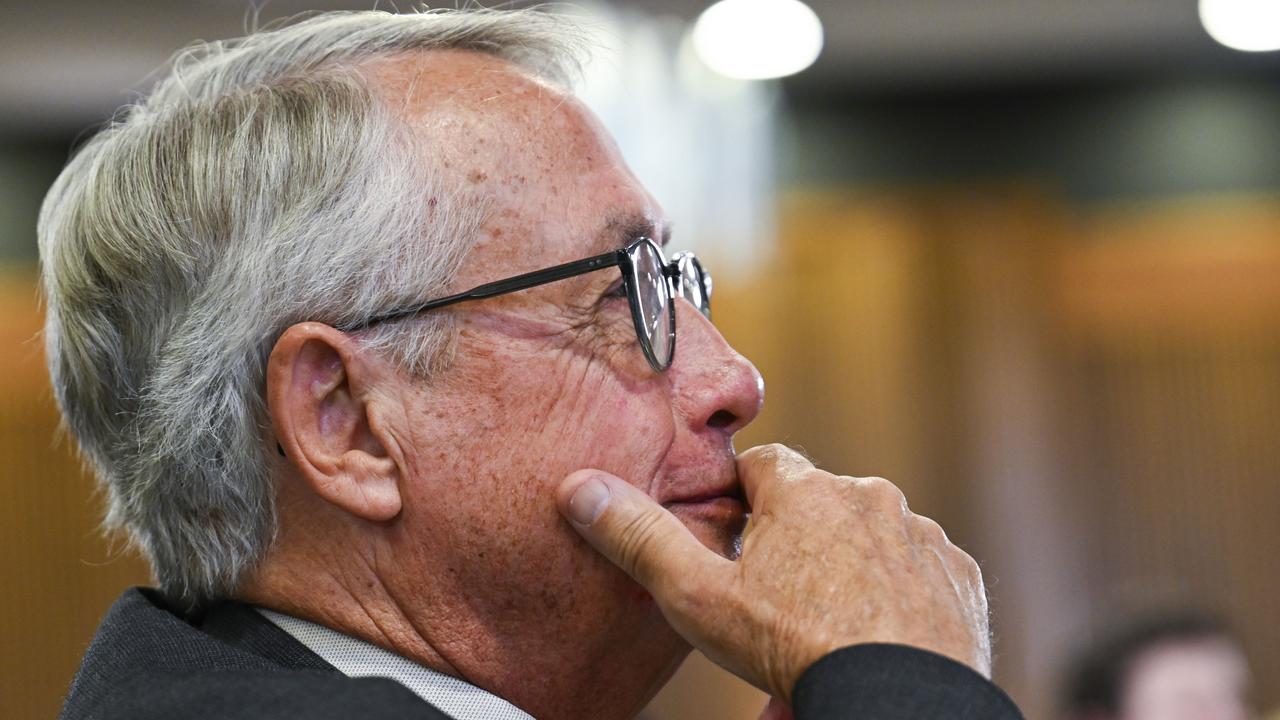David Jones owner issues strange capital call; Rio Tinto cuts ties with Qld Resources Council
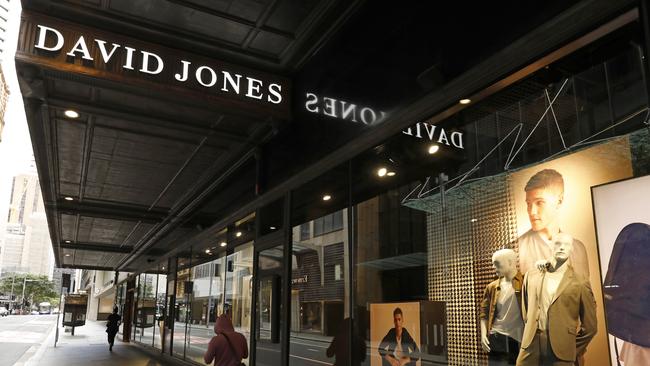
It’s been eight years since South African retail giant Woolworths Holdings paid $2.1bn for local retailer David Jones.
Sadly, for Woolworths shareholders, the upmarket department store group has underperformed ever since.
So it’s no surprise to hear that new Woolworths boss Roy Bagattini may be mobilising towards a sale of his Aussie offshoot, with our fine colleagues recently reporting that WHL has been talking to investment banks – Goldman Sachs – about a sale and that Bagattini last month visited Sydney to talk to financial institutions.
Still, Woolworths is playing a straight bat.
“If there were any developments that warranted communication to the market, it would be done as and when required,” a spokeswoman said at the time.
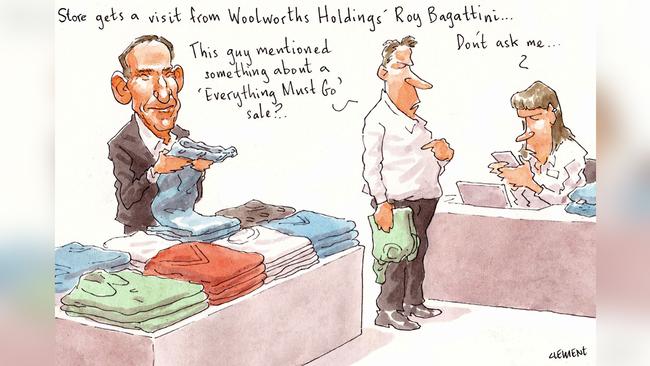
So what is this strange notice that David Jones’s secretary Matthew Fitzgerald slipped to the corporate regulator in late March, outlining a $130.5m reduction in the amount paid on David Jones shares by the Woolworths local holding company Vela Investments, but with no cancellation of shares on issue?
David Jones equity held by Woolworths’ Vela has dropped in value from $571.4m to $440.9m now, but with the same number of shares – 537.1 million – on issue.
On release of Woolworths’ interim results, it said capital restructuring at David Jones meant the local business had been left with a fat $347m cash balance. This prompted payment of a $90m special dividend to Woolworths.
But $90m is not the same as $130.5m, so we asked David Jones whether there had been an extra capital return to the parent that we hadn’t heard about.
Perhaps the sort of thing you might do ahead of flogging an underperforming business whose debt has just been restructured and whose sale price is likely to be less than you paid, to get back some of the equity invested eight years ago.
After days of back and forth, David Jones said the change was to do with a “reorganisation between separate legal entities”.
“This set of transactions results in the distribution of earnings to the holding company in order to pay dividends from excess cash reserves from, among other things, the proceeds of the ($510m) sale and leaseback of the Elizabeth St building,” a spokesman said. What?
–
Rio’s uncoupling
Rio Tinto has cut ties with the Queensland Resources Council amid what looks like a cooling of relations with the coal-dusted lobby group now that the big miner is on a health kick to cleaner energy.
What motivated this conscious uncoupling remains unclear, although we note Rio chairman Simon Thompson spoke last week of an eagerness to rebuild investor confidence and strengthen the company’s “social licence”.
Hanging with coal lobbyists can only be social suicide.
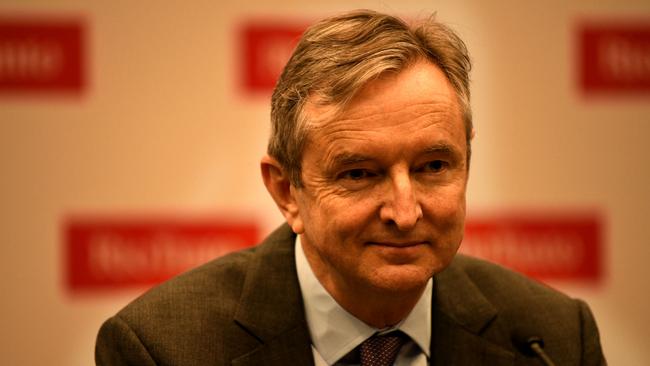
But Rio’s timing is notable given the company’s annual meeting is just a few weeks away, and where more than a few questions will be lobbed about environmental, social and governance issues, including industry memberships.
Of course, Rio is something of a small potato in Queensland’s resources scene; its Weipa bauxite operation on the Western Cape York Peninsula is all that remains of a former empire.
Consider, too, the role of QRC chief executive Ian “Chainsaw” Macfarlane, who authorised political attack ads during the 2020 state election that resulted in a backlash of spectacular proportions.
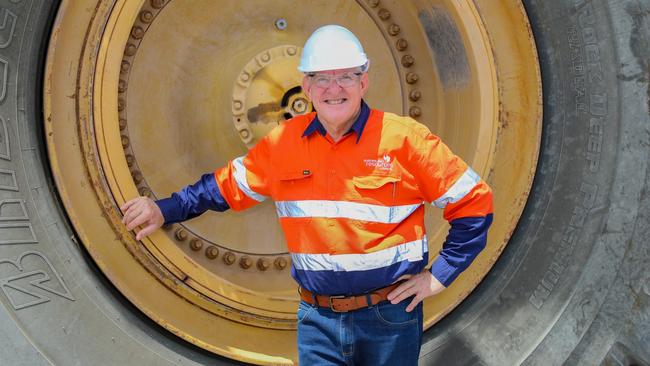
The fallout included BHP and Origin Energy pulling their QRC memberships, although Origin later returned – but only on a promise from the lobby group that it would stick to industry representation, rather than politics.
Who knows if another Macfarlane misstep had anything to do with Rio’s decision, but as one industry insider put it: “Macfarlane might not be able to help himself if the election comes down to the wire in Queensland.”
But Rio’s boss Kellie Parker was at pains to note her company’s support for Macfarlane.
“We have strongly valued Ian Macfarlane’s leadership and the support provided by the QRC to our Weipa bauxite operation,” she said.
–
Not so transparent
One of Scott Morrison’s captains picks, Warringah candidate Katherine Deves, is no stranger to being in the headlines. On Wednesday, she was apologising for some of her earlier comments about trans women. Described in her bio as a “local lawyer and women’s advocate”, Deves is running against independent Zali Steggall, who beat Tony Abbott in 2019 in the once safe Liberal seat.
Deves is “raising her three daughters in Manly Vale with her partner David” and “has always believed in giving back to her community”, her party biography says.
But this “local lawyer and women’s advocate” was only admitted as a lawyer in NSW in March last year after six years of part-time study, when she also worked part-time in a law firm. That is, she’s a lawyer who lives locally.
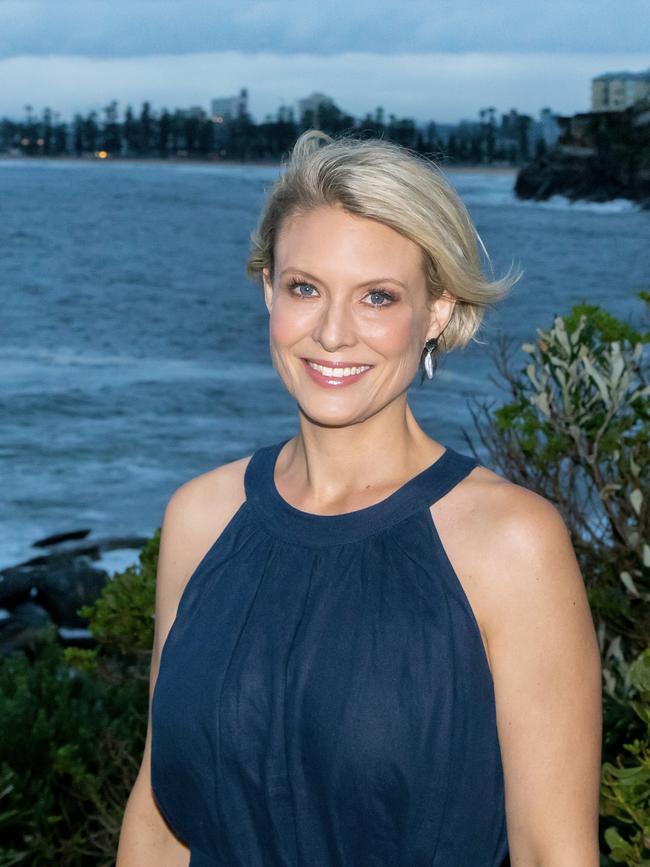
All we can find is a short recent stint with Melbourne-based outfit Mitry Lawyers.
Before that, we’re told, Deves was a “marketing executive”, but we can find no record of any tenure and Liberal Party HQ wasn’t forthcoming with more detail.
There’s also a cancelled ABN relating to a sole trader, “Katherine Deves Communications”.
Watchers of Sky News will know Deves as co-founder of Save Women’s Sports Australasia, which advocates “to preserve biology-based eligibility standards for participation in female sports”.
Morrison likes this a lot and has backed Deves’ push to ban trans women from female sports.
But as far as we can tell, Save Women’s Sports locally is just a website (which leverages heavily off its international counterparts) driven by Deves and her new friends in New Zealand. This has only happened since about October last year and via Deves’ computer in Manly Vale, where she is active on Zoom hook-ups and social media.
We note her accounts are now inaccessible.
Before that, Deves was active on online forums for several years.
Her organisation has no office, no charitable status via the charities regulator (donations accepted through the website end up offshore) and no company registration.
Maybe not quite enough for the good people of Warringah?
–
Star amnesia
There’s a collective amnesia sweeping across Star Entertainment’s C-suite.
The gaming outfit’s general counsel Oliver White, group general counsel Andrew Power and now Star’s chief legal and risk officer Paula Martin can’t recall when or if they read a Hong Kong Jockey Club report exposing links between the company’s biggest junket earner Suncity and Chinese criminal gangs.
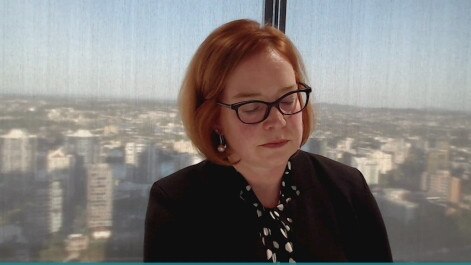
Even Star’s compliance manager Skye Arnott can’t recall – although she admits she may have shredded it. Oops.
But what makes Martin’s amnesia surprising is that – a month after a copy of the report landed in her inbox in June 2019 – she sent her subordinates Kevin Houlihan and Angus Buchanan to visit the HKJC in person. The trip was such a big deal that she and Star’s former chief executive Matt Bekier had to sign off on it.
Houlihan was excited about all the juicy gobbets the pair uncovered, writing to Martin that the club’s “access to intel is of great interest to what we need” and “there will be plenty to debrief you on upon return”.
But Martin repeatedly drew blanks when questioned at the unfolding Star inquiry on Wednesday.
“I don’t recall reading it (the HKJC report) in detail until just prior to this review. I do recall looking at some sections of it in discussions with Mr Buchanan,” Martin said.
But she was crystal clear on why she sent Houlihan and Buchanan to Honkers – it had nothing to with the explosive report. “This report wasn’t the motivation for that trip.”
So what was? Martin, again, was unhelpful in revealing details. “My recollection is … (it was) in relation to matters to do with the international business,” she said.

